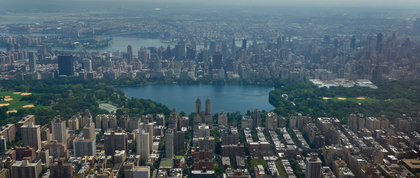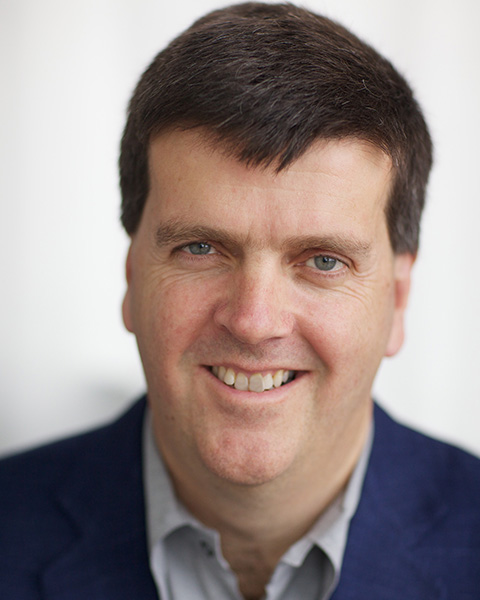
We are all seeing the satellite images revealing dramatic reductions in air pollutants in cities under lockdown from the COVID-19 pandemic. Some refer to this as a silver lining. Reducing pollution in low- and middle-income countries is both needed and admirable, but the price being paid is much too high.
These newly cleared skies come from intense human suffering, disease, death, and the loss of livelihoods and businesses that many people may never recover from. This in itself will increase poverty and illness, reduce access to education, and have other negative domino effects.
Of course, air pollution certainly makes COVID-19 worse. Studies reviewing the 1918 pandemic found that cities in the U.S. with higher levels of air pollution had worse outcomes. Current anecdotal evidence from China and Italy also leads us to think that areas with bad air before the pandemic will have higher death rates. That makes sense: air pollution reduces lung function, increases asthma rates, and damages immune systems.
Interestingly, air pollution (and all types of pollution) has a much larger impact on health than COVID-19. The World Health Organization finds that air pollution kills seven million people each year -- far more than is expected from the current epidemic. It seems we’re hard wired to react to urgent issues; our fear/fight/flight response is a much stronger motivator than estimates of disease that may take decades to occur. We must find a way to bring more urgency to pollution control.
That said, this epidemic is an opportunity. Given that economies will soon be restarting, could policy makers ensure they restart cleaner and greener -- preserving the gains that have inadvertently occurred because of the shutdown? Could they rapidly ramp up national and global policies for cleaner fuels, and better standards for diesel?
Unfortunately, this would not be in line with the recent relaxation of EPA rules for fuel economy. But surely, a cleaner and greener restart makes sense for us all, and for public health everywhere -- and the critical need for clearing the air now could not be more timely.

Richard Fuller, Chief Executive Officer
Pure Earth and the Global Alliance on Health and Pollution